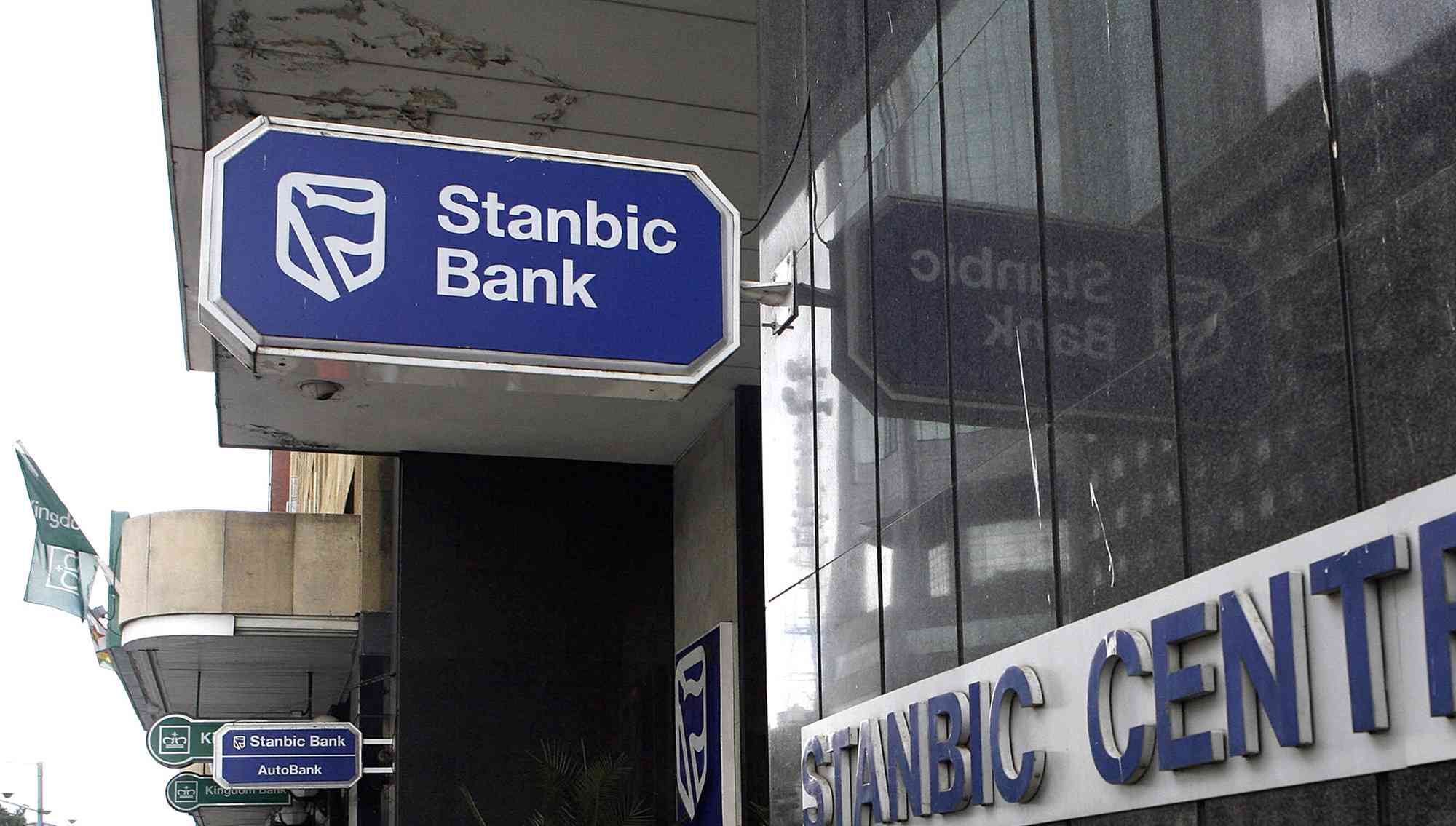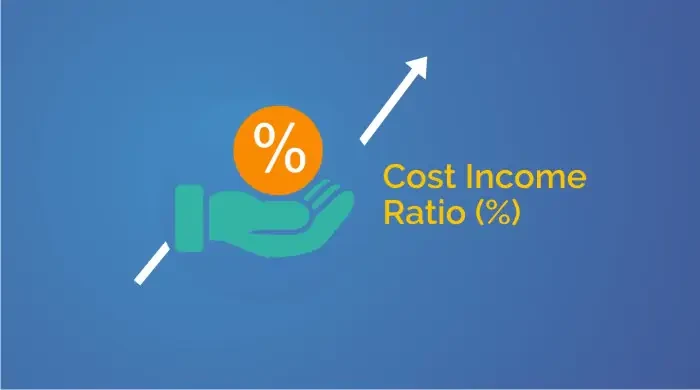
LONDON — The first United States government shutdown in 17 years weakened the dollar yesterday, sending it to an eight-month low against the euro, but otherwise left equity and debt markets little changed.
Reuters
Investors tended to view the shutdown as temporary, and also as something that may further delay the US Federal Reserve’s plans to start closing downs its monetary stimulus.
US Federal government agencies have been directed to cut back services after lawmakers failed to pass a temporary spending bill before a midnight deadline, threatening the salaries of around a million workers.
“No one really knows when they are going to get their act together, so you would have thought there would have been more of a reaction than there has been,” said Greg Matwejev, director of FX Hedge Fund Sales and Trading at Newedge.
The dollar was bearing the brunt of the response, falling to a one-and-a-half-year low against the safe-haven Swiss franc and an eight-month low against a basket of major currencies . The weakness lifted the euro to an eight-month high of $1,3589.
However, MSCI’s world equity index, tracking shares in 45 countries, had gained 0,2% by mid-morning in Europe, although this followed its biggest daily fall of September on Monday as investors anticipated the shutdown.
Europe’s broad FTSEurofirst 300 index inched up 0,25%, but was still near a three-week low. US stock index futures pointed to gains when Wall Street opens with the broad S&P stock contract edging up 0,4%. “The US shutdown is a central point for the markets, but as long as the hope for just a temporary shutdown exists, it will not be a strong burden for equities,” Christian Stocker, equity strategist at UniCredit said.
- Chamisa under fire over US$120K donation
- Mavhunga puts DeMbare into Chibuku quarterfinals
- Pension funds bet on Cabora Bassa oilfields
- Councils defy govt fire tender directive
Keep Reading
A bigger issue facing investors is the US shutdown’s implications for this month’s negotiations on raising the US government’s $16,7 trillion borrowing limit, needed to avoid a default on its outstanding debt mountain.
Markets were also absorbing mixed readings on economic activity across the manufacturing sector for September and an announcement of a $50 billion stimulus package in Japan, designed to offset the impact of a sales tax hike next April.
Japan’s move came after a closely-watched central bank survey showed sentiment among domestic manufacturer’s had improved sharply in the three months to September to reach a near six-year high.
A separate euro zone factory activity survey revealed growth, albeit at a slower pace than previously.
In China, factories expanded only slightly last month, raising questions over the strength of its nascent recovery.











